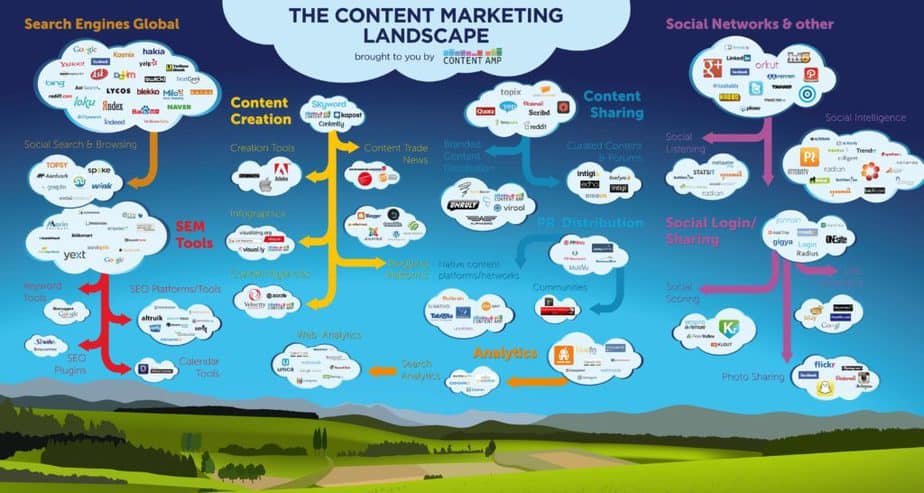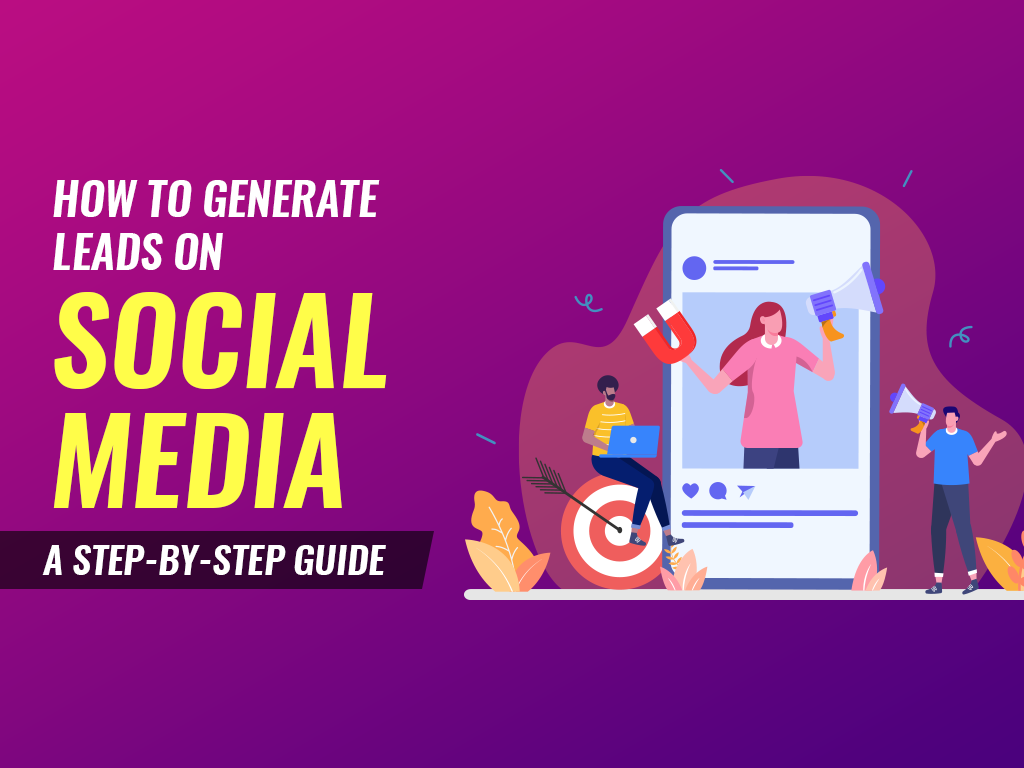
Are you looking to find a marketing analytics example. You have come to the right place! Let's discuss social media engagement and keyword analysis. Use the results to help you make better business decisions. These are just a handful of the many options for analysis that you have available to you on your website. The amount of information that you can get from following an example will amaze you.
Social media engagement
Social media engagement is one way to gauge the performance of a brand. This allows you to see how people react to your products and can help you identify areas where you can automate tasks, or redirect resources to achieve goals. Social media engagement metrics can be broken down into six different types, each measuring a different aspect of your brand's performance. The last two types are called goal and summary metrics, and they are the most important.
Customer response rate can be described as a metric that measures the number of customers who have engaged with your brand. This is done by multiplying that number by 100. This metric can vary depending upon the type of business that you have. Customer response rate is very important. This refers to the number of people that have posted about you brand on social networks or responded to your ads. A social media engagement metric is critical if you want social media engagement to be successful.
Keyword analysis
You can learn a lot about keyword analysis by creating a report that lists the keywords that brought visitors to your site. You can view which keywords were used by your visitors to reach your site in Google Analytics. These are the keywords you want to be focusing on. You can also create an overview of the most frequently used keywords in your articles. This report can be used for creating an editorial calendar or planning your content strategy.

A keyword analysis report can help you create more targeted campaigns, increase conversions, and optimize your spend. Keyword analysis can be time-consuming and requires extensive decision-making. WordStream automates this process, and offers suggestions based on the results of your keyword analysis. WordStream simplifies keyword analysis by prioritizing actionable metrics that you can focus on. You'll get more information on the best ways to optimize your website, without spending hours doing it manually.
Performance of search engine results page
The SERP is a web page that shows up in search results when people search online. Search engines create this page and it includes both organic results and paid results. Search queries that are composed of certain phrases and terms are used to create the organic results. The SEO (search engine optimization) experts are specialists in optimizing web pages and web content in order to achieve high rankings in the SERPs.
There are many tools that can help you track this data. Google Search Console allows you to see what keywords are being searched for websites. This feature requires that you have a web property that has been verified. Next, click on Performance and then "Add a new data source." Then, choose a page, type in any URL, and hit "Apply." Analyzing SERP performance will give you a better idea of where and how to invest your marketing resources.
Segmentation analysis
Marketing Analytics focuses on segmenting customers into different groups and creating products that fit each group. Segmentation can help you determine which customers will be most likely to buy your products. You can then target them accordingly. B2C companies can find this method extremely useful, as retail footfall is often a better indicator of customer satisfaction. Shopify might find that its customers who have 100,000 daily visits require more automation and reporting. Once you have identified your segments, the next step is to create a hypothesis, a process known as a segmentation analysis.

Next, consider what your customers really want. You can get information about each segment from customer transaction data. By using these data, you can determine the best products and services to offer. You can also add feedback resources to your website or emails. You could ask your customers their opinions about your brand and products. You can also send an email to your customers asking for their opinions on your brand and which products they like.
FAQ
Do I need an agency for Content Marketing?
No! There are plenty of tools available online that make it easy to create high-quality content. Agencies tend to charge higher prices for their services.
What is strategic marketing?
Content marketing refers to the art of creating quality content that can be shared across all channels. It's about giving people the things they want. This understanding is the key to success in business.
Strategic Content Marketing gives you the ability to provide exactly what your clients need at precisely the right time.
You have to know what people care about and listen carefully to find out how they think. Next, you need to create high-quality content which answers their questions or solves their problems. This creates trust and loyalty that will ensure you are there when they need you.
How can you make a content marketing strategy that works?
Start by deciding what kind of content content you want. Next, determine who your target audience is and how they use internet. Next, find the channels that best reach your target markets. Finally, you will need to choose the right keywords for each channel. Then write compelling copy.
Should I hire someone to write my Content Marketing content?
No! No. You don't have to hire a professional writer in order to create content for your company. There are tons free resources to help you get started.
Statistics
- According to research compiled by Coschedule: Companies that publish 16+ blog posts a month get as much as 3.5x as much traffic as those that publish 0-4 posts a month. (criteo.com)
- Measure your goals with a progress indicator of 0-100%. Make your goals collaborative and transparent (semrush.com)
- We found that 40% of businesses don't have a documented strategy yet. (semrush.com)
- According to our research, brand awareness, attracting traffic, and generating leads remain the key content marketing goals in 2022. (semrush.com)
- Seventy-two percent business to business (B2B) (mailchimp.com)
- To further show the importance of this, 89% of people have stopped doing business with a company because of a poor experience. (neilpatel.com)
- Companies that use content marketing see approximately 30% higher growth rates than businesses not using it. (mailchimp.com)
- This marketing strategy landed Ford a 15.4% conversion rate. (neilpatel.com)
External Links
How To
Why Create A Content Marketing Plan? Why Not Now?
You may feel overwhelmed when you first get started with content marketing. But the truth is, you don't have to tackle everything at once. Start small.
Start With One Thing At A Time. You risk wasting your time and making yourself sick if you do too many things at once. Instead, you should focus on one task at a time until it is mastered.
Start Small. You don't have to perfect every aspect of content marketing today. Only focus on one area of content marketing at time. You will become more comfortable as you work harder.
Learn from past successes. You can build on your previous successes by leveraging your existing network. Reach out directly to industry experts and ask them to promote your content. You can also organize an event and invite bloggers.
Even if you have never written any content before, you should start. Begin with something basic. Start with something simple. Regardless of what you do, ensure that you have the ability to measure its effectiveness.